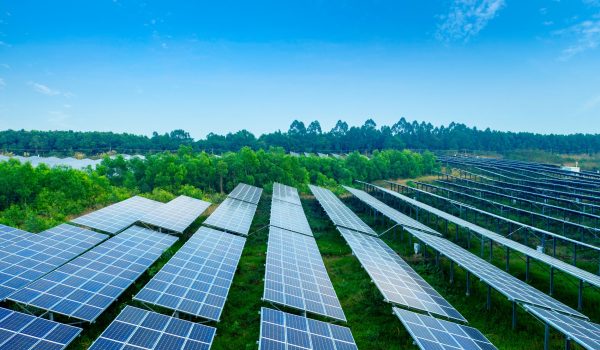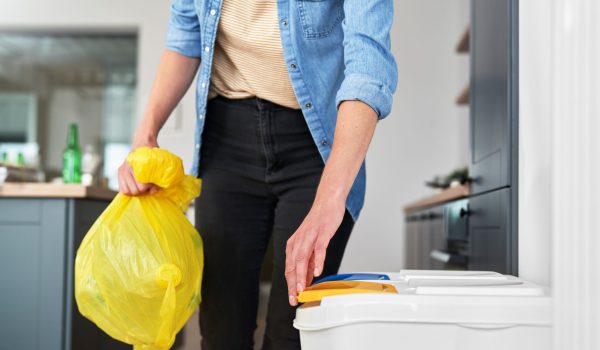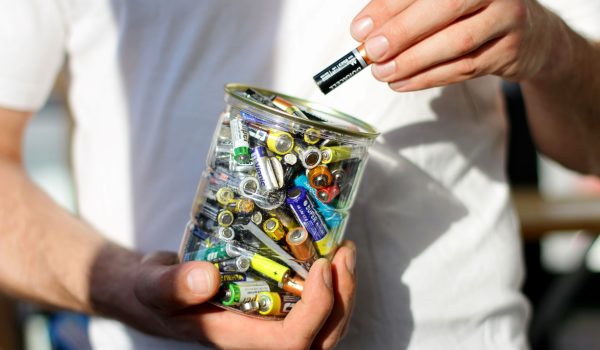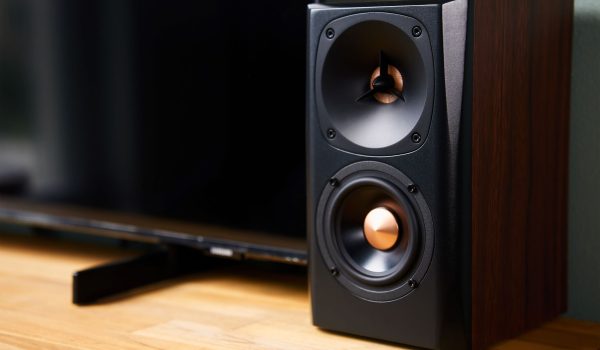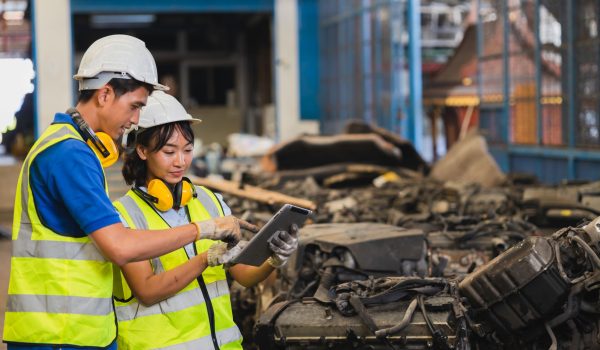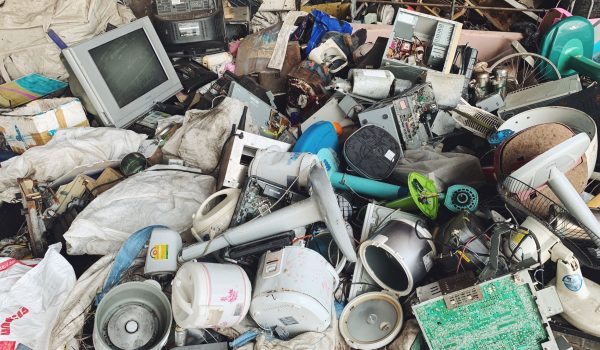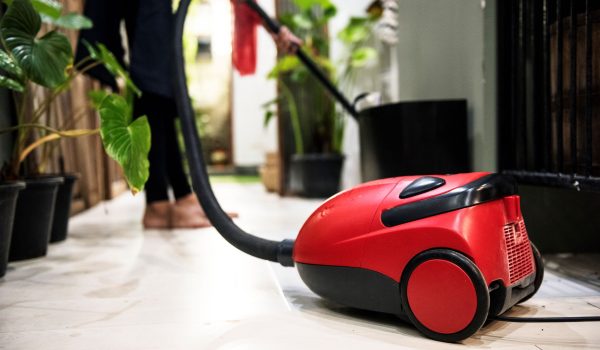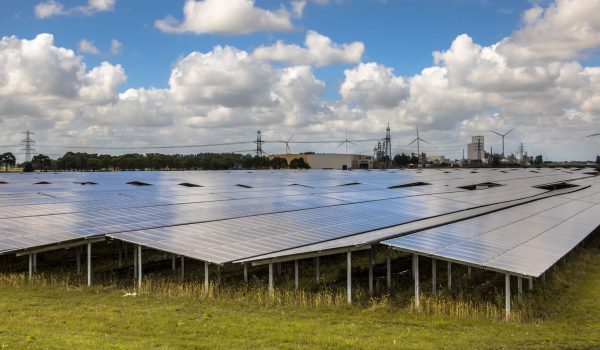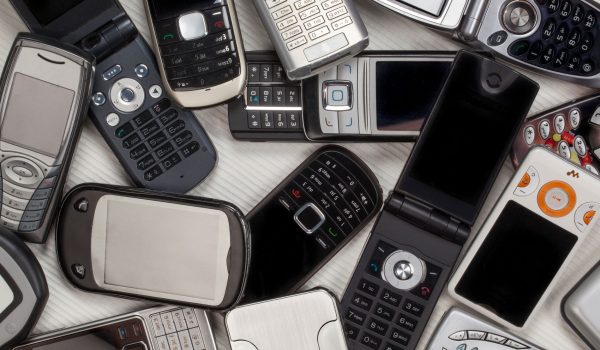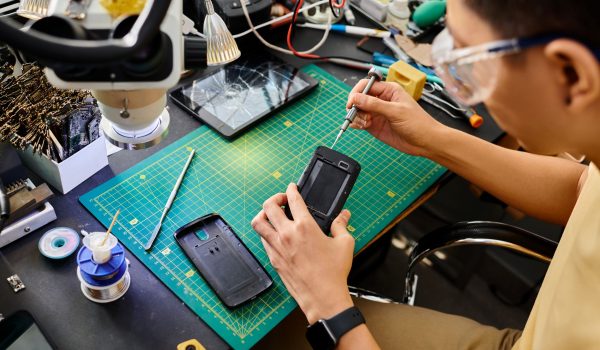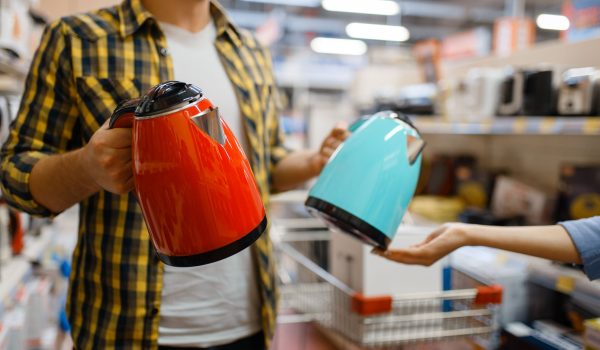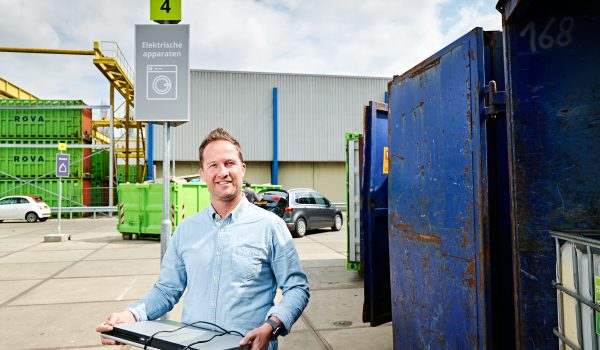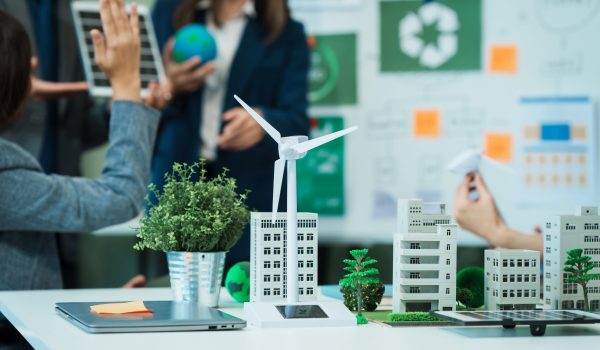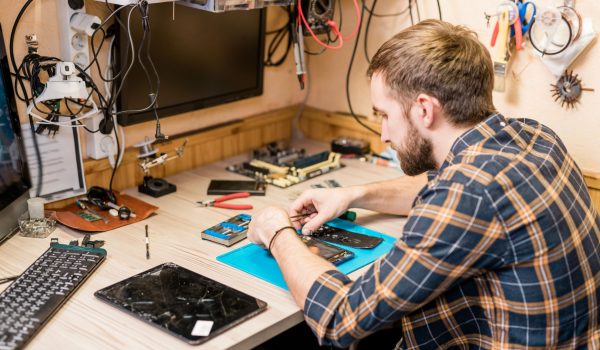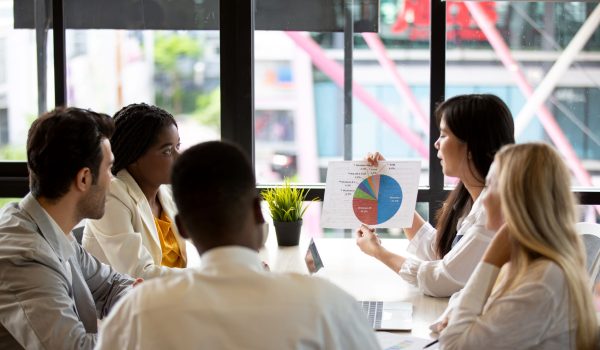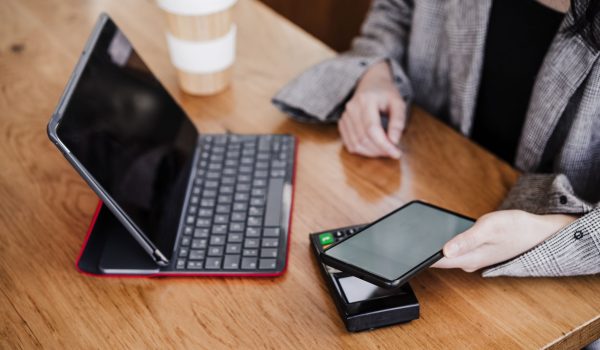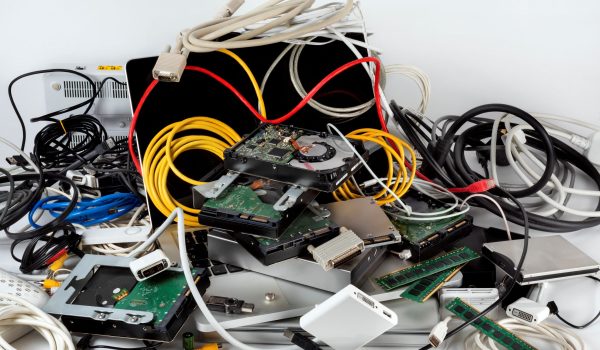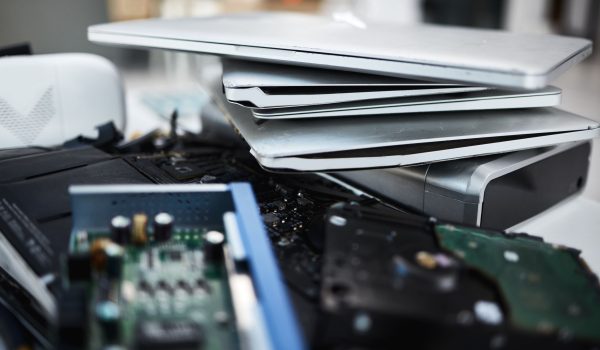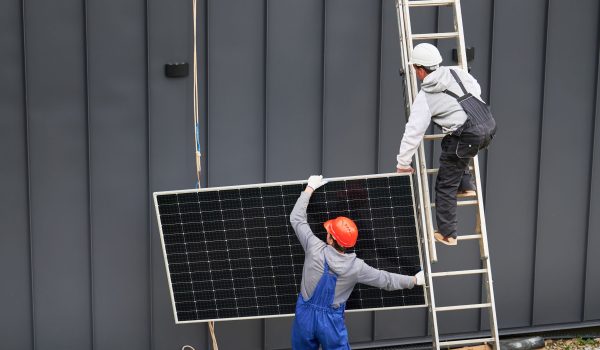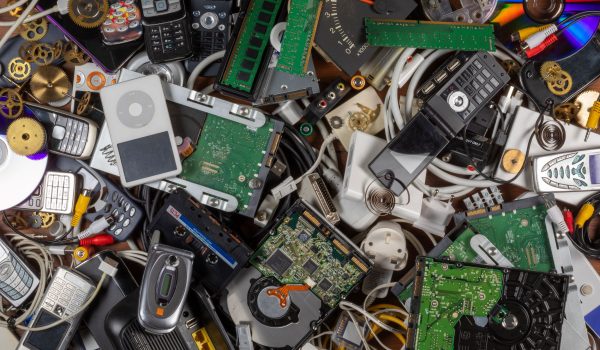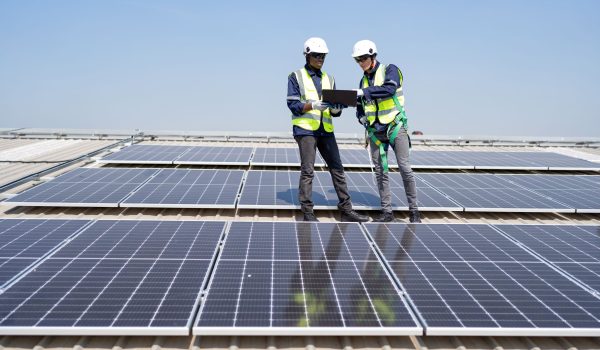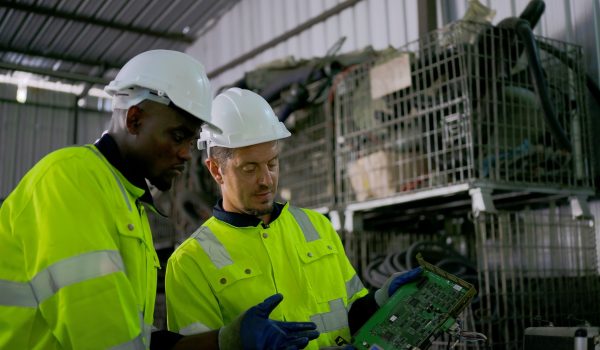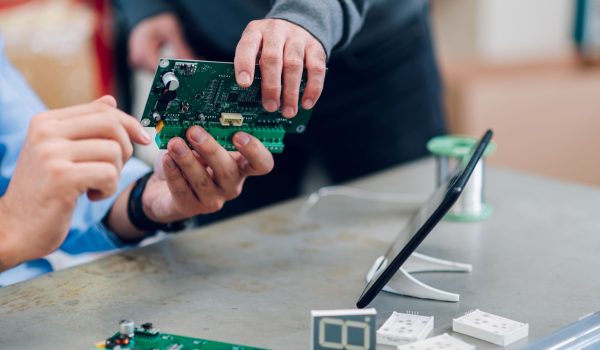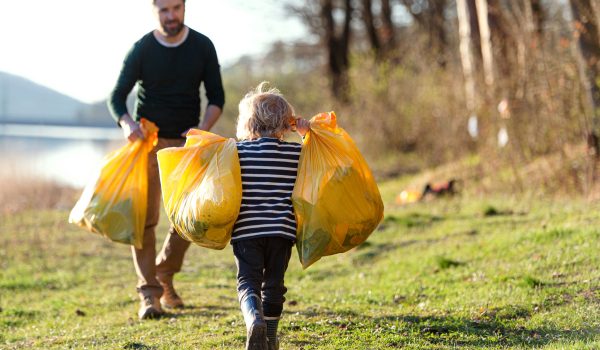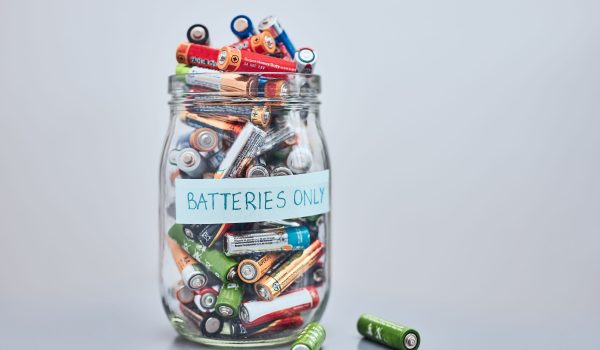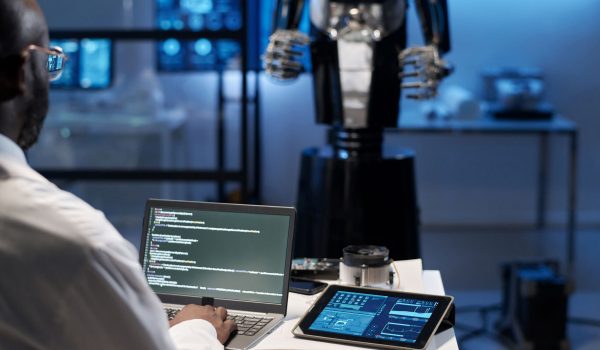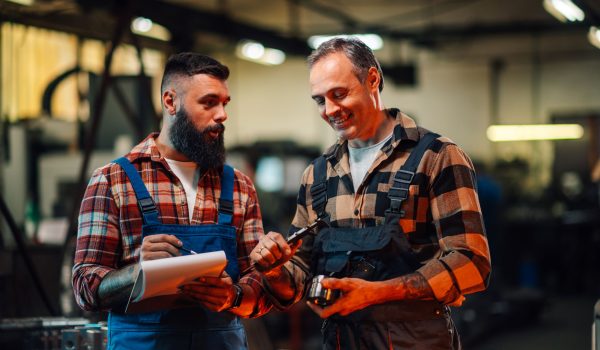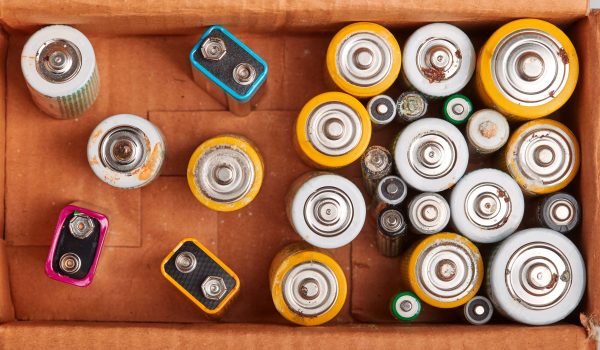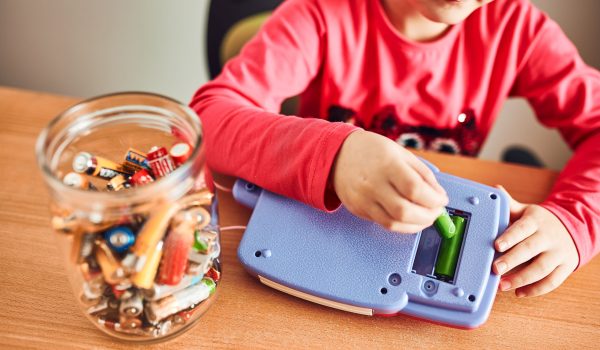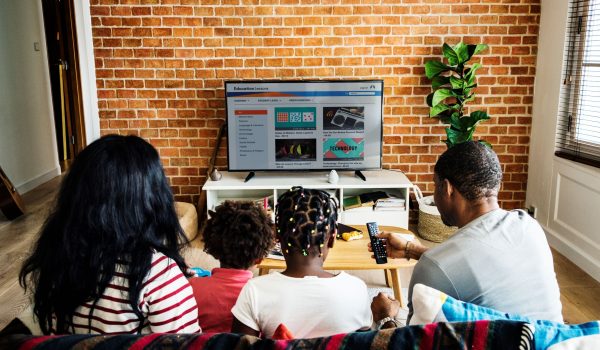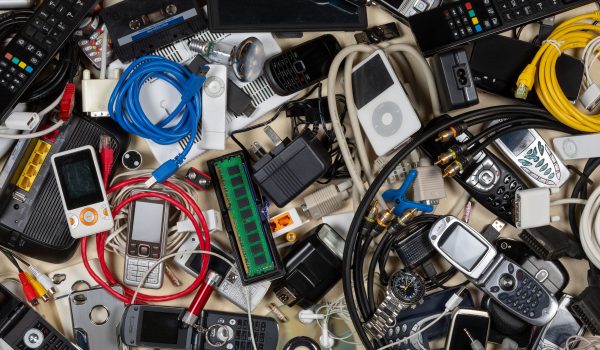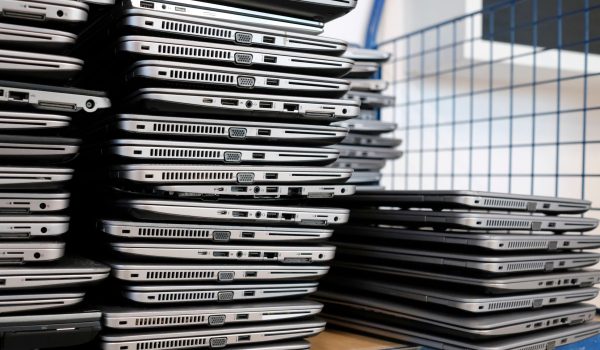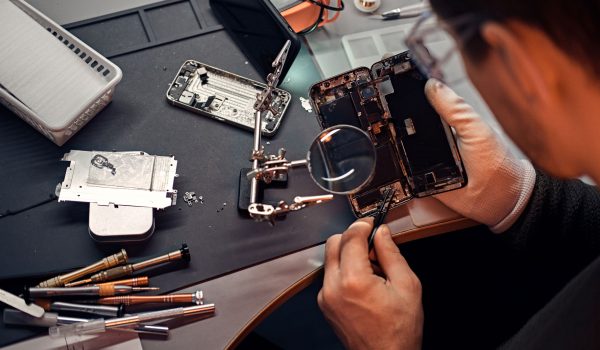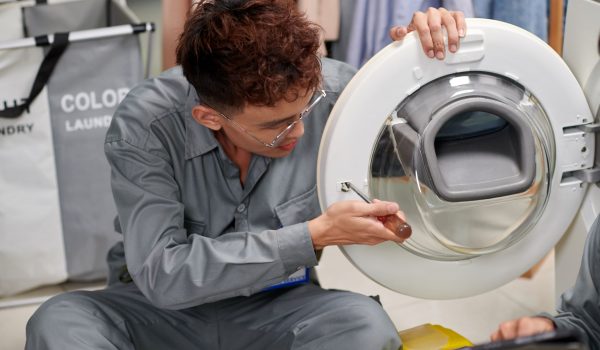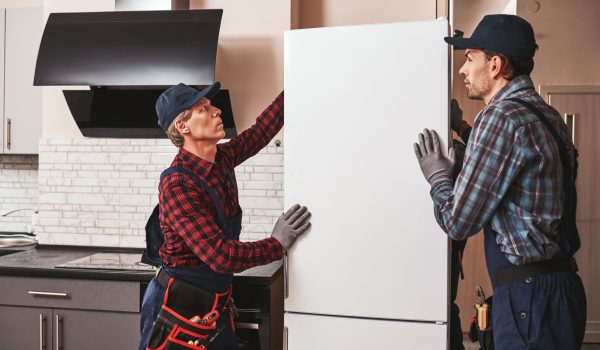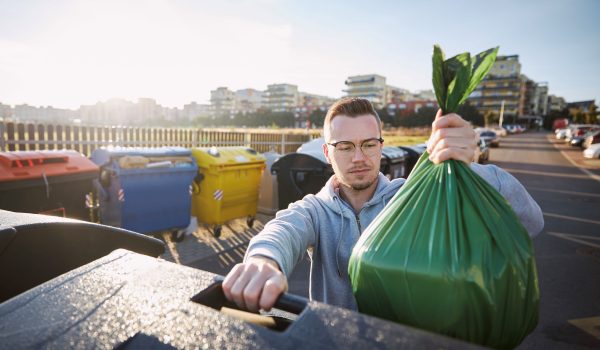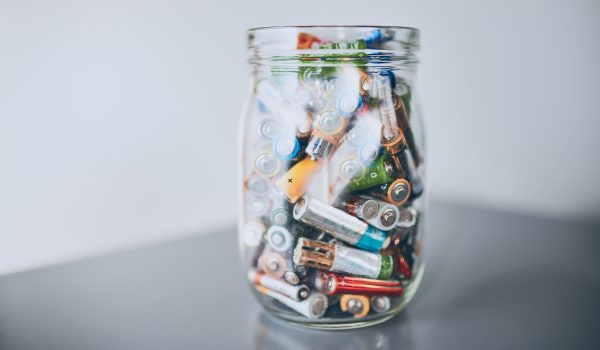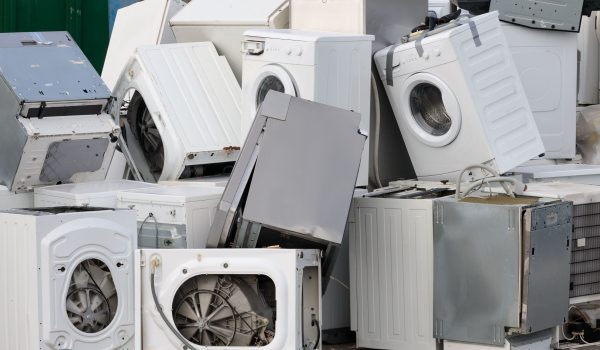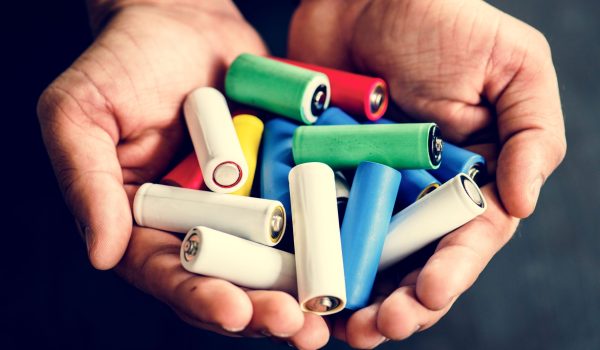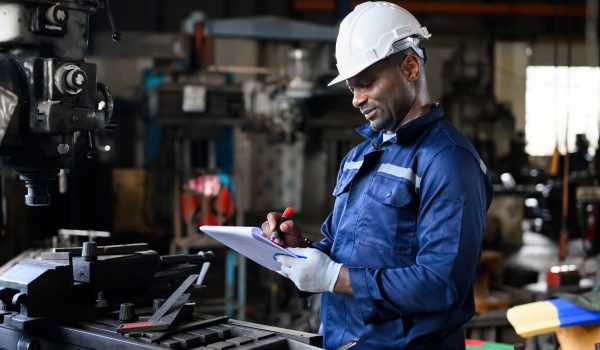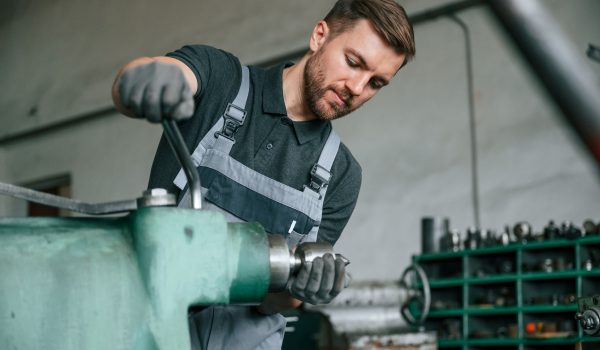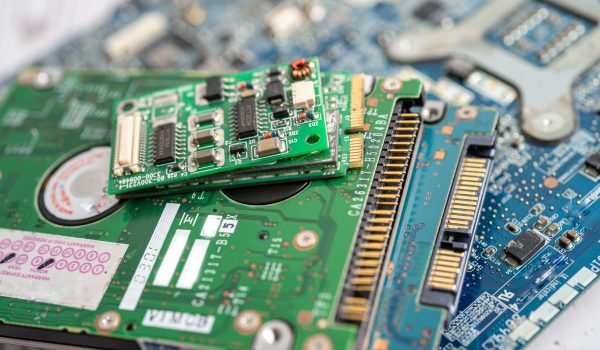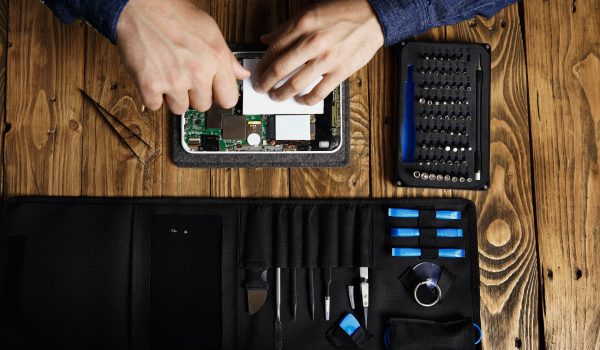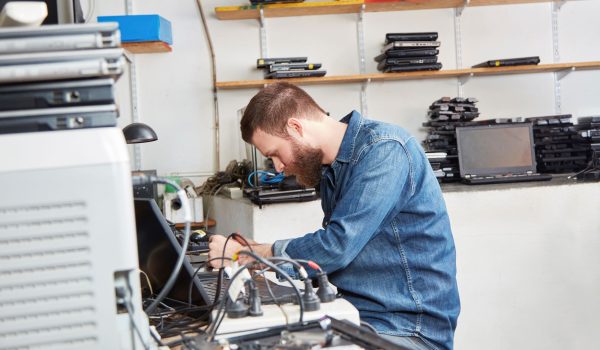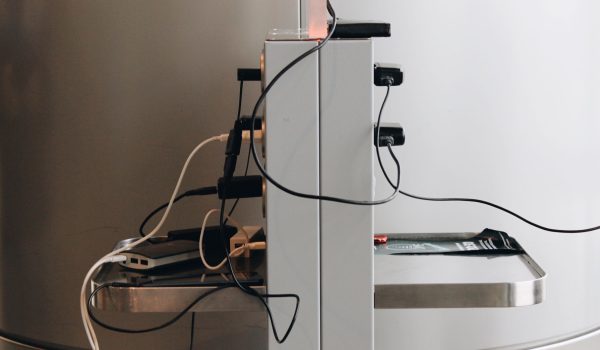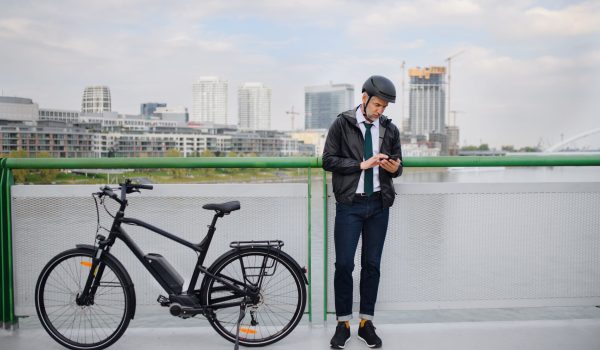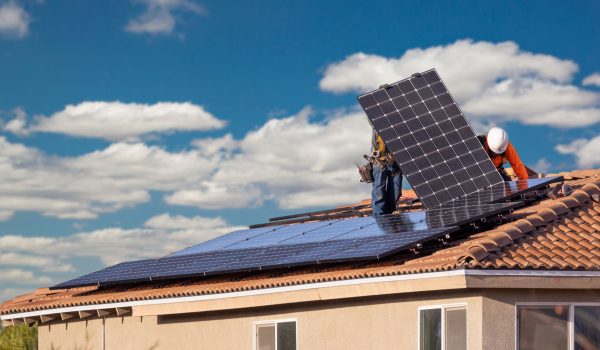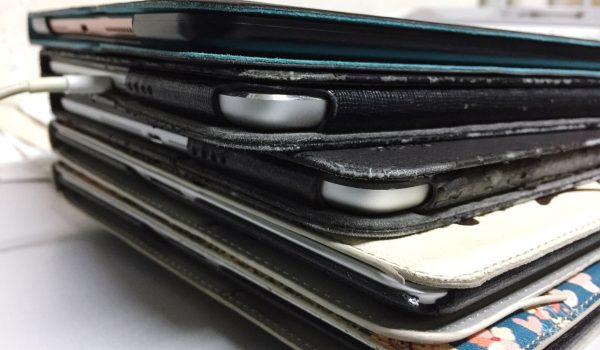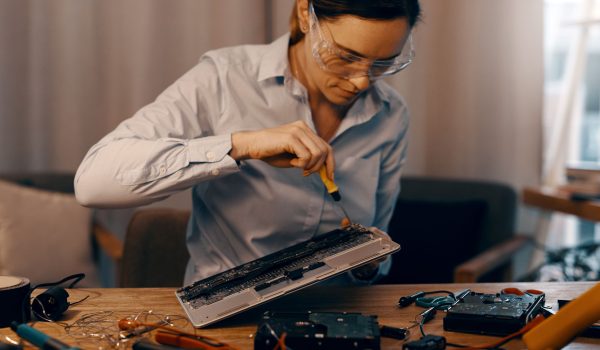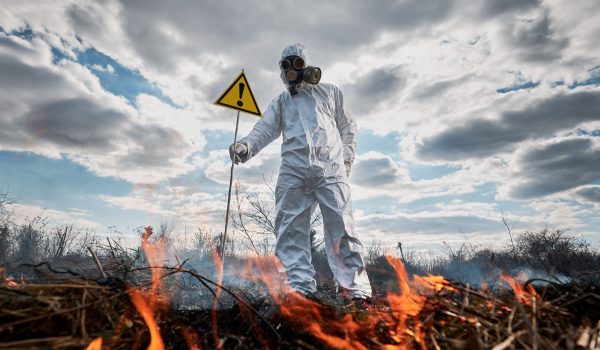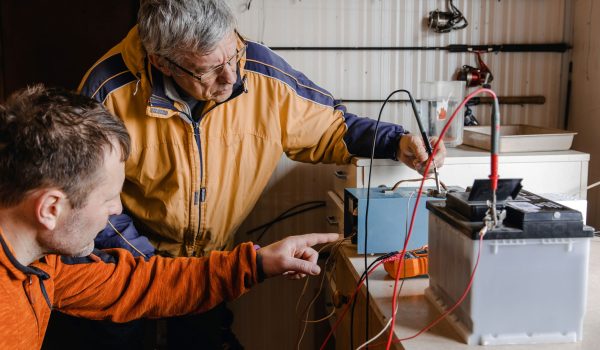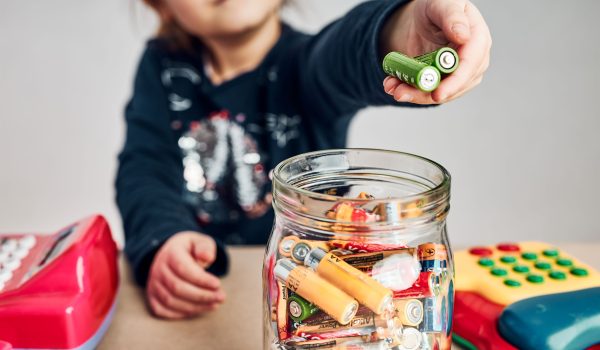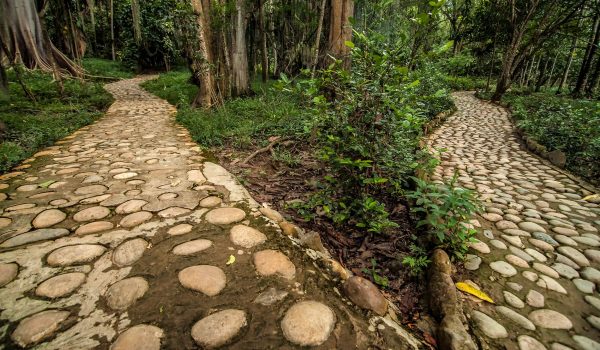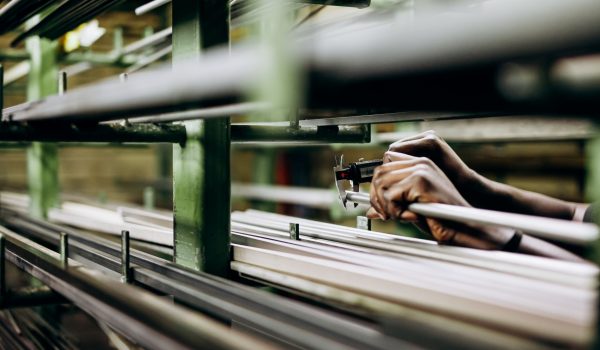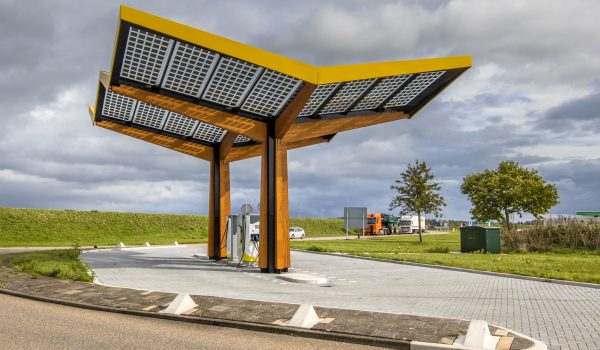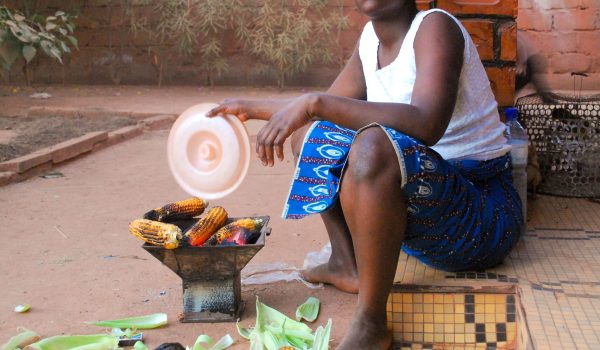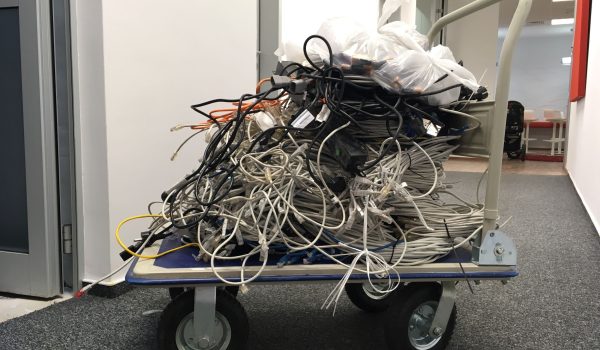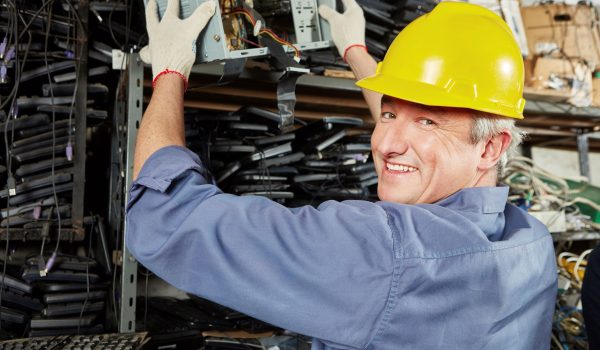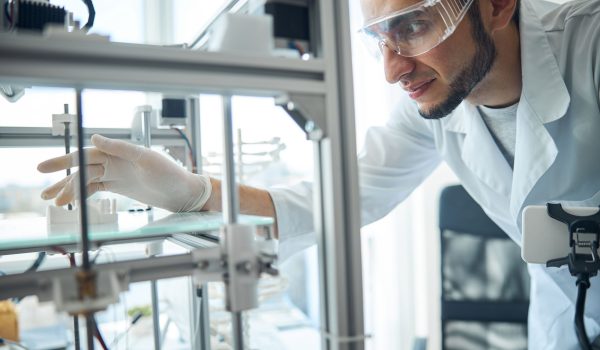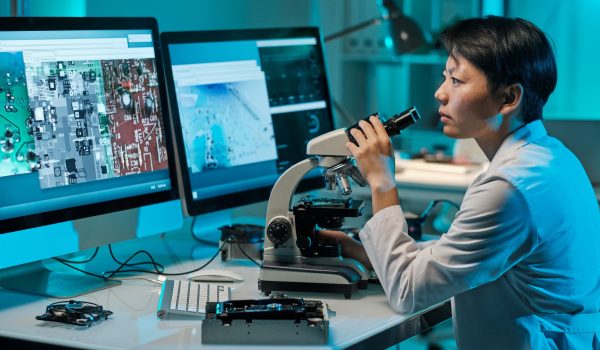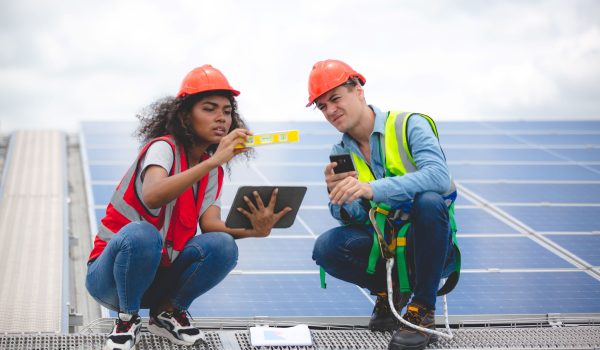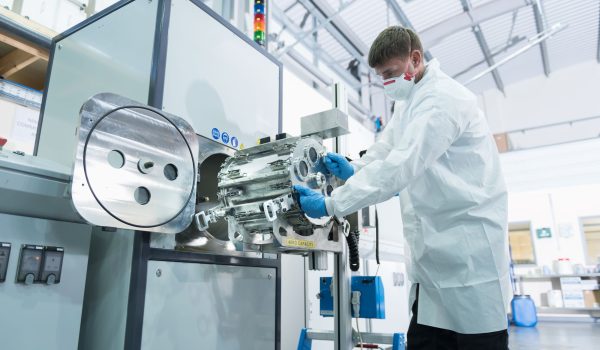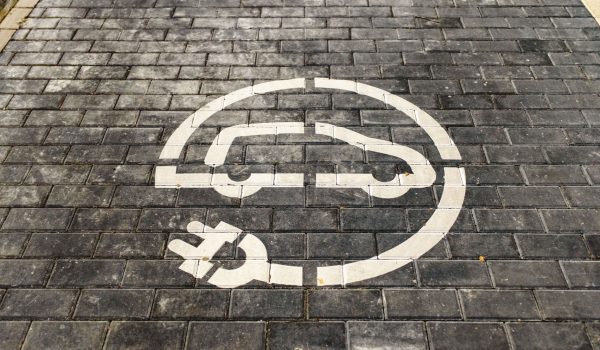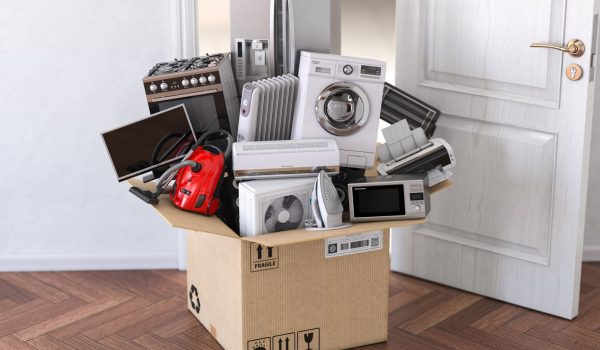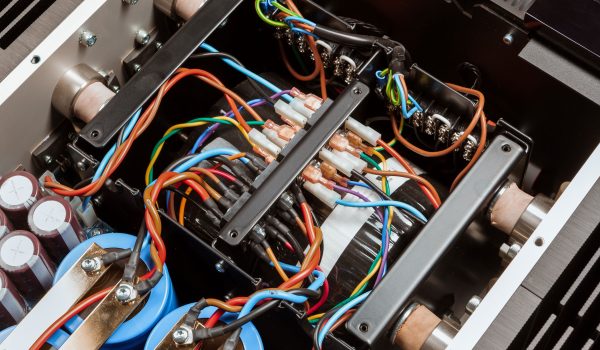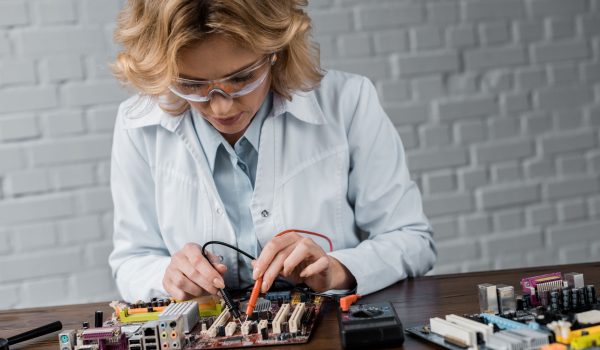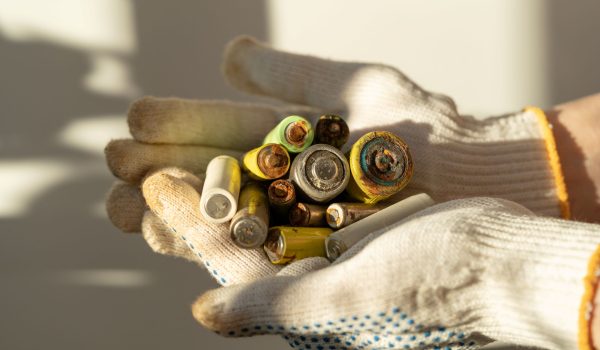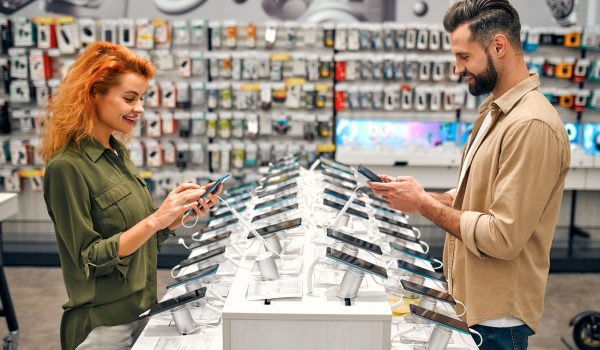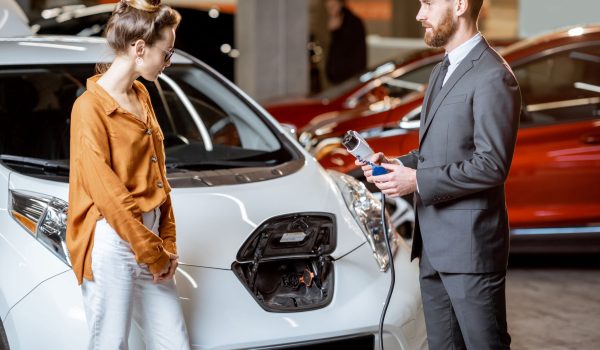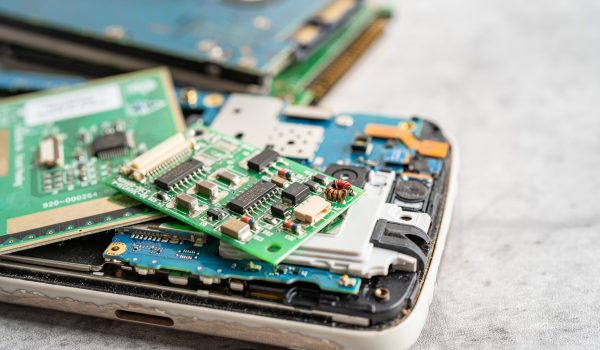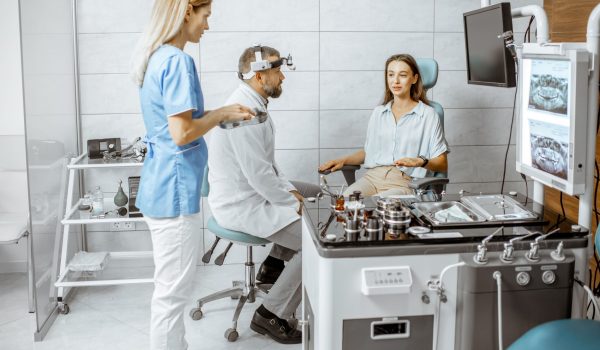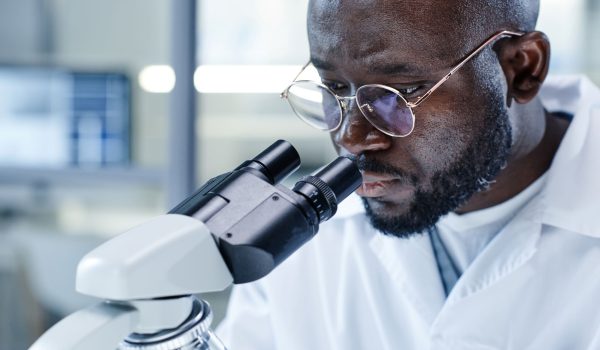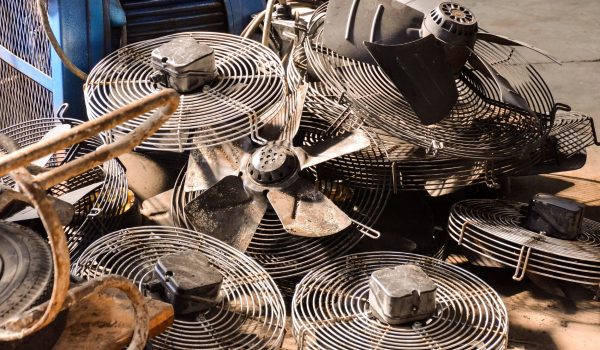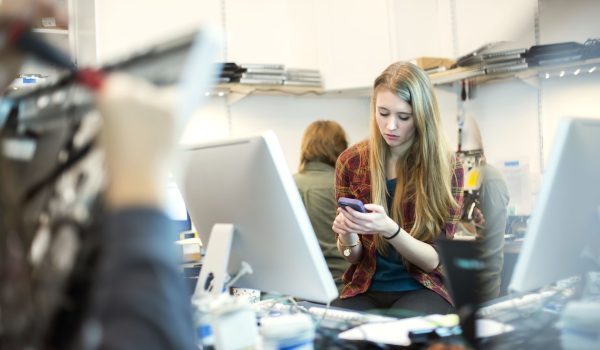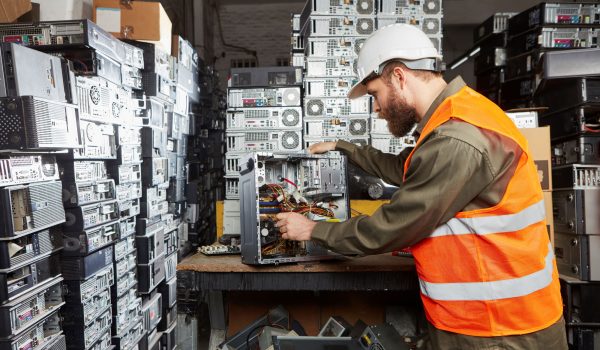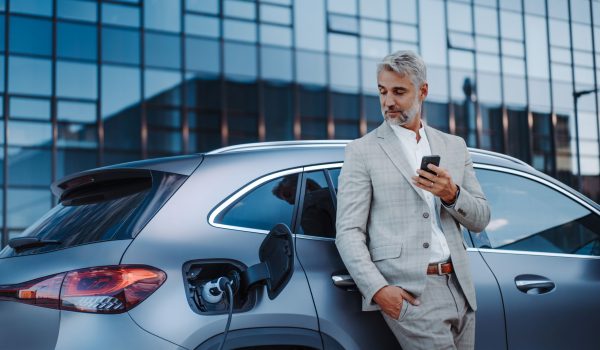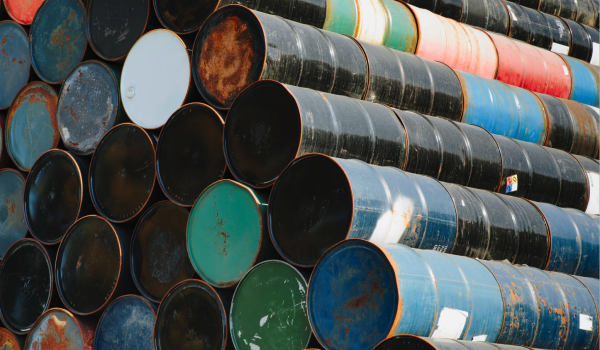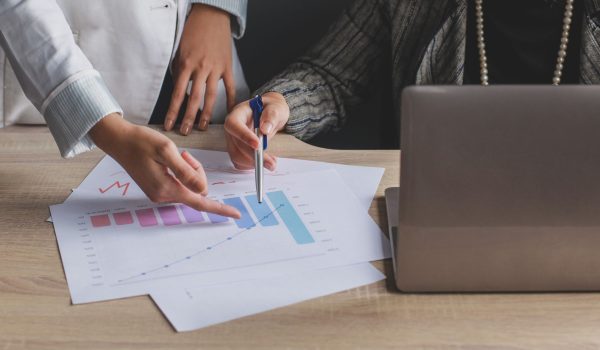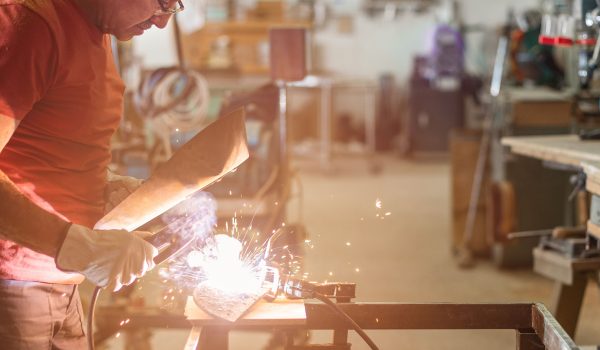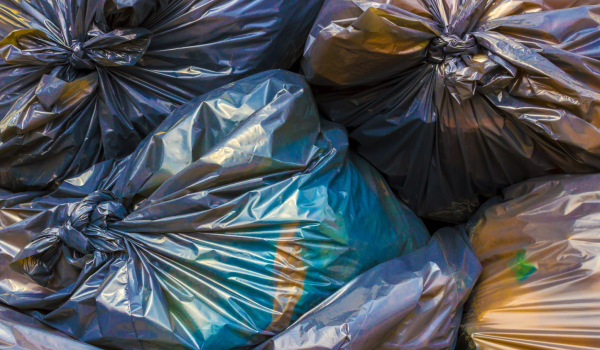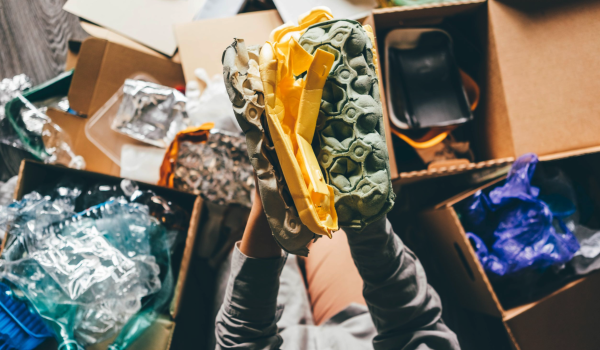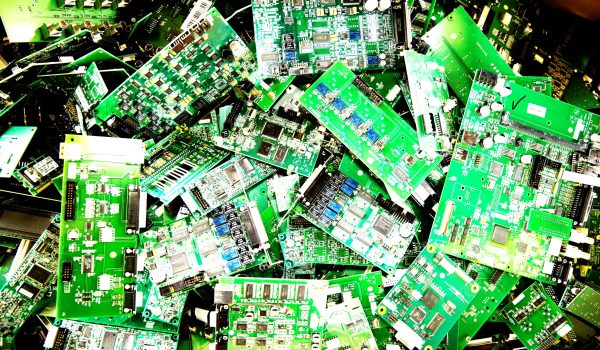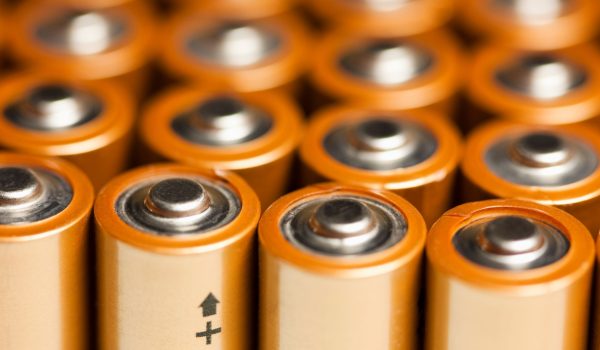Published
205 research articles in 'Published'
The role of extended producer pesponsibility (EPR) in the energy transition
Analysis of the implementation of EPR for batteries in electric vehicles, solar panels, and wind turbines
Program of requirements for circular climate installations
The program of requirements for circular climate installations has been developed for housing associations and their partners to reduce the environmental impact of building-related installations.
Circular luminaires in public spaces
This report provides a practical roadmap towards a circular future for luminaires in public spaces.
E-waste in household residual waste
Inventory of the quantity and different types of e-waste in residual waste for 2023
Dutch households and empty batteries
Annual survey into the knowledge, attitude and behaviour of Dutch households regarding empty batteries
Is recovering Neodymium from speaker cabinets meaningful?
Research into the extent to which high-quality magnets with Neodymium occur in discarded speakers and whether recovery is meaningful
The global e-waste monitor 2024
The global e-waste monitor is the most up-to-date overview of global e-waste data, statistics and progress in policy and regulation.
E-waste in the Metropoolregio Amsterdam
An exploration of the e-waste chain and future logistics scenarios
Extending the lifespan of vacuum cleaners through thrift stores
A research and design project to professionalize the collection and repair of discarded vacuum cleaners.
Critical raw materials in the Dutch Province of Zuid-Holland
The opportunities for the province of Zuid Holland to play a greater role in mineral supply chains
Are discarded kettles suitable for reuse?
This study examined whether kettles that would normally be recycled are suitable for reuse in the thrift store.
E-waste in the United Kingdom
This report describes how electrical appliances are used and disposed of in the UK.
The circular economy: from nice to have to must have
Bottlenecks and recommendations for accelerating the transition to a circular economy
Exploration of the obligation to sell used goods
Research into the possibility of requiring retailers to offer an increasing share of second-hand products
Benchmark municipalities
Benchmark with a ranking of all Dutch municipalities based on the number of kilograms of electrical waste collected per person
The Netherlands circular in 2050
The 'Netherlands circular in 2050' programme focuses on the development and realisation of a circular economy by 2050.
Monitoring of circularity strategies
Report with principles, backgrounds, applications and examples of circularity strategies and the R-ladder
Impact assessment National Circular Economy Programme
Evaluation and effects of the national policy from the National Circular Economy Programme 2023-2030
National (W)EEE Register report 2022
An annual report from the National (W)EEE Register (NWR) on (waste) electrical and electronic equipment (WEEE)
National (W)EEE Register report 2021
An annual report from the National (W)EEE Register (NWR) on (waste) electrical and electronic equipment (WEEE)
National (W)EEE Register report 2020
An annual report from the National (W)EEE Register (NWR) on (waste) electrical and electronic equipment (WEEE)
National (W)EEE Register report 2019
An annual report from the National (W)EEE Register (NWR) on (waste) electrical and electronic equipment
Environmental analysis of end-of-life scenarios for decommissioned PV modules
A study and environmental analysis of the different scenarios for decommissioned solar panels.
National (W)EEE Register report
An annual report from the National (W)EEE Register (NWR) to the Ministry of Infrastructure and Water Management on (waste) electrical and electronic equipment
Circular Cities Declaration Report 2024
Report with analyses and an overview of the strategies and actions of circular initiatives in European cities.
Recycling of solar panels
RIVM has detailed four options for recycling the glass, solar cells and back sheets of solar panels.
The case for an EU Circular Material Use Act
Manifesto of the FEAD proposing a Circular Material Use Act
Accelerating the circular economy in Europe
This report gives a comprehensive analysis of how the EU is doing in the transition to a more circular economy
The Landscape of Circular Electronics Towards 2035
An overview of various developments that will likely influence the landscape in which circular electronics will be embedded by 2035
Zero waste cities of the future
Research about how cities can be designed in a way that helps citizens reduce waste.
Reuse by consumers in the Netherlands
This report describes how the number of pieces and mass reuse by consumers was determined for the years 2021 and 2022.
Dutch Battery Flows Monitor 2020
This report delivers a baseline study for the portable battery waste flows for the year 2019
Artificial intelligence and the circular economy
This paper offers a first look into the cross-section of two emerging megatrends: how AI can accelerate the transition to a circular economy.
Guide for a materials passport
This document specifies the conditions for a proper materials passport.
Universally binding declaration for waste management fee for portable batteries
Notification of the universally binding declaration for the waste management fee for portable batteries valid from January 1, 2024, to December 31, 2028
Exploration batteries circularity
This exploration aims to answer the following question: Is there a need for additional measures to support the circularity of the Dutch battery chain, and if so, what are they and what is their intended purpose?
Ownership and disposal of TVs in Dutch households
This study examined the number of TVs present in Dutch households and how many were discarded in 2017.
Ownership and disposal of electrical appliances in larger companies
This study is about how many electrical appliances there are in larger companies and institutions and how many have been discarded.
The Dutch WEEE Flows 2012
The aim of this research is to provide a factual basis for the WEEE recast collection target definition in the Netherlands and to provide a more detailed and complete quantitative assessment of the WEEE flows
Sales, use, and discarded electronic and electrical equipment.
Data on sales, use, and discarded EEE from 1995-2022 from the Environmental Data Compendium
Joint Position on the Revision of WEEE Directive
Joint position of European environmental organisations on a swift revision of the WEEE Directive.
The socioeconomic gap in e-waste
This research focuses on the socioeconomic factors influencing the amount of e-waste in 27 European Union countries between.
Repair and refurbishment of electrical and electronic equipment
This study looked at how many electrical and electronic devices are repaired and refurbished.
From right to repair to willingness to repair
This study looks at what prevents consumers from repairing their products.
Evaluation return premium refrigerating and freezing equipment
This report includes the principles, achieved results, conclusions, and recommendations of refrigerating and freezing equipment return premium initiative by Stichting OPEN.
From throw-away society to sustainable, circular production and consumption
In this advisory, The Council for the Environment and Infrastructure (Rli) explores ways to reverse the throwaway trend in our economy.
Critical materials, green energy and geopolitics
seven scientists set out where the Netherlands and the EU stand on the critical materials needed for the energy transition.
Challenges for the recycling of spent batteries
By developing policies, applying appropriate recycling technologies and researching new materials, a more effective, environmentally friendly and sustainable recycling of used batteries can be achieved.
Is environmental regulation keeping e-waste under control?
How European Union regulations have affected the exports of e-waste.
Circular Batteries Charging the Future
The brochure explores the current status and future potential for circularity across the battery value chain in the Netherlands and beyond.
Reshaping EPR
Identifies the actions needed to improve the tool of EPR, making it a game changer for circular economy goals.
Unlocking the potential of e-waste
An analysis of chromium, copper, indium, magnesium, neodymium, and niobium in the EU
Sustainable metal recovery from e-waste
In this review, effects of e-waste, its composition and various methods available for treating e-waste and heavy metal leaching have been reviewed.
Repair in the circular economy
This white paper is a collection of interviews with scientists from Leiden University, TU Delft, Erasmus University Rotterdam and Rotterdam University of Applied Sciences
Limited collection and recycling problems in Europe
A comparison of different causes for the limited collection and recycling problems of e-waste in Europe
Developments, challenges and opportunities within the e-waste sector
Highlighting developments, challenges and different prospects for e-waste, discussing aspects such as collection, pre-treatment and recycling
E-waste from solar panels in a circular economy
Circular challenges and obstacles but also potential for e-waste from solar panels based on research from Brazil
European Batteries Regulation 2023
The new European Battery Regulation relates to the availability of European raw materials, (economic) circularity and the sustainability of the entire battery value chain
Universal charger in the EU
The EU wants to promote the use of universal chargers for mobile phones and other portable electronic devices
Sustainability Sector Index 2023: Concerns about greenwashing
The Sustainability Sector Index 2023: Kantar's global research into consumer sustainability concerns and behavior.
Do solar panels fit within the WEEE directive?
Position paper in which PV CYCLE argues why solar panels should be excluded from the WEEE directive
EU policy recommendations for increased collection of WEEE
Policy recommendations from the EU for European governments to collect more WEEE
Behavioural Roadmap to Circular Consumption
Transforming consumption and production systems to significantly reduce material footprint
Monitor Sustainable Living 2023
Monitoring sustainable choices and the openness of the Netherlands to sustainable behavior
Integration of sustainability at retailers/producers
Needs, opportunities and problems when integrating sustainability into retailers' offerings
Brominated flame retardants in the WEEE circular economy
The impact of brominated flame retardants on the circular processing of plastic waste from e-waste
Circular production of laptops and telephones
How the transition to a circular chain for everyday products such as laptops and telephones in the Netherlands currently stands
Transition to a circular car battery chain
An evaluation of the progress of the transition to a circular economy focused on the 'car batteries' within the mobility sector
Stibat Annual Report 2022
This report contains all important figures regarding the collection of batteries in the Netherlands on behalf of the Batteries Foundation
Transition paths for Extended Producer Responsibility
The main strengths and limitations of how Extended Producer Responsibility (UPV) is organized in the Netherlands
Costs of raw material extraction from WEEE
How thermodynamic rarity can provide new insights into raw material extraction from discarded electronics
PV in Mobility: Solar powered cars
Research into future possibilities for solar energy transport and mobility.
The potential of solar electric cooking in sub-Saharan Africa
A new cooker called pressurized solar electric cooker (PSEC) may soon enable solar cooking in Africa
E-waste management and the impact on the environment and society
What is the impact of e-waste on the environment and society, what problems are involved and what possible solutions can be
The producer’s perspective on e-waste management
Insights into the barriers and factors that hinder or facilitate producers in managing their electronic waste
Sustainable Electronics with Liquid Metal Printing
Liquid Metal Printed Electronics (LMPE) may be the future of electronics with flexible, sustainable and innovative solutions for the industry
Breakthrough in Recyclable Electronics: Water Soluble Printed Circuit Boards
Breakthrough in sustainable electronics through discovery of water-soluble PCB
Circular economy strategies as enablers for solar PV adoption
Circular strategies and business models for solar panels can promote sustainable investments and reduce the looming waste problem
Highly efficient and selective gold mining with graphene oxide
The research describes a method for sustainable gold extraction from e-waste, with high efficiency and selectivity at low concentrations
Battery 2030: Resilient, sustainable, and circular
The demand for batteries is growing, and with it the need for better solutions in the value chain
Attitude and sentiment of the Dutch towards e-waste
Research into how familiar the Dutch are with e-waste, how they deal with it and why
Slow transition to a circular economy in the EU
De Europese Rekenkamer schrijft in dit rapport dat EU-maatregelen voor een circulaire economie niet doeltreffend genoeg zijn geweest omdat EU-financiering vooral is gebruikt voor afvalbeheer
Measuring the possession of electrical and electronic devices in households
Commissioned by the OPEN Foundation, Ffact has conducted research into the ownership of appliances in households.
Monitor Kringloop Nederland 2022
De Monitor Kringloop Nederland brengt cijfers uit de kringloopbranche in kaart met een focus op circulaire, inclusieve en financiële impact
Op weg naar circulaire vermogenselektronica
Hoe het verbeteren van een modulair ontwerp kan bijdragen aan een snellere transitie naar een circulaire economie
Verbeterd monitoringskader voor de circulaire economie
Eurostat heeft monitoringskader voor de circulaire economie in de EU herzien, verbeterd en opnieuw gepubliceerd
Een stap dichter bij biologisch afbreekbare elektronica
De ontwikkeling van een houten transistor die biologisch afbreekbare elektronica, oftewel groene technologie, een stap dichterbij brengt
Risico’s van rook door branden van Li-ion-batterijen
Inzicht in de risico's die de rook van een brand veroorzaakt door Li-ion batterijen met zich meebrengt
ILT-rapport over inzameling en verwerking AEEA
De ILT doet onderzoek naar het stelsel van vergunningverlening, toezicht en handhaving op het gebied van e-waste in Nederland
De race om elektrische-voertuig batterijen te decarboniseren
Hoewel elektrische voertuigen schoon zijn vergt de productie van hun batterijen een hoge CO2-uitstoot, toonaangevende fabrikanten zoeken oplossingen om dit te verminderen
Data over informeel e-wastebeheer: de Agbogbloshie schroothoop
Voorstel voor een methode om de hoeveelheden van informele e-wastestromen in kaart te brengen, met de Agbogbloshie schroothoop als casestudy
Bijwerkingen van de Elektronische Gezondheidszorg Revolutie: Toxic e-waste
Het belang van het betrekken van elektronisch medisch afval bij de ontwikkeling van efficiënte e-waste management praktijken
Terugwinning van goud uit e-waste met behulp van vrijstaande nanopapers
Urban mining met behulp van een geavanceerde recyclingtechnologie om de terugwinning van goud te bevorderen
Het verminderen van de impact van onrechtvaardige e-waste verwerking
Huidige en opkomende trends en bedreigingen van zowel informele als formele e-afvalbeheerpraktijken en eventuele maatregelen en interventies
Hoe ‘circulair’ zijn Nederlandse consumenten?
Hoe 'circulair' Nederlandse consumenten zich nu gedragen, in hoeverre zij bereid zijn daarin te groeien en de potentiële milieuwinst van circulair consumeren
Een wereldwijde blik op e-waste recycling
Een systematisch overzicht van de wereldwijde situatie van e-waste recycling, inclusief beheersmaatregelen, wetgeving en technieken
Reflectie op het NPCE 2023-2030
In deze notitie reflecteert het PBL op de betekenis van het Nationaal Programma Circulaire Economie 2023-2030 (NPCE) voor de ambitie van het kabinet om in 2050 volledig circulair te zijn
Oplossingen voor de impact van het laden van elektrische voertuigen
Oplossingen voor de groeiende belasting van het lokale elektriciteitsnet door het laden van elektrische voertuigen
Submit your publication to the knowledge platform
Do you have a publication* that contributes to knowledge about the circular economy, electrical appliances or e-waste? Register it at the knowledge platform!
*Criteria apply. Read more about the submission criteria here.

